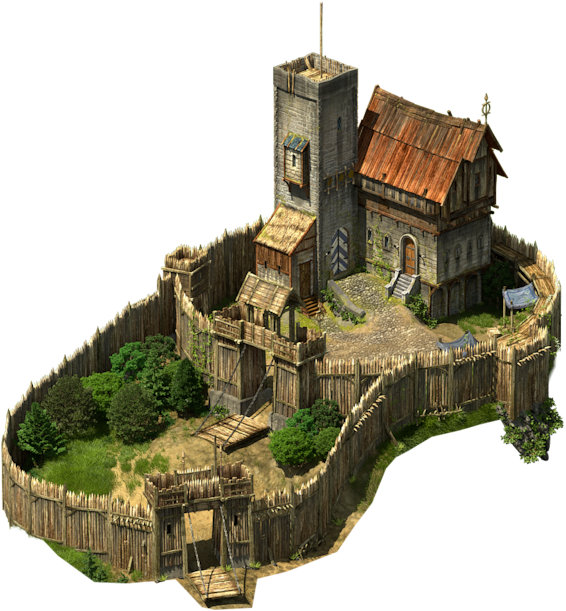Timeline
Please Note:
Links to important people, places, events, etc.,
are on their way to make using this page easier.
Pre-Role Play History:- Year 0: The birth year of the first of the many House of Backkrum Kings.
- (Birth years of characters and other events to come.)
- Year 376: The War of the Three Rivers begins.
- Year 381: The War ends with the battle known as the Great Infiltration, which broke the siege of the Capital and saw the destruction/disbanding of the rebel forces.
Role Play History:
Year 382: - January:
- Phillip of Greeling is knighted for his heroic part in the Great Infiltration.
- April:
- Phillip arrives in the Earldom of Echo Valley, for which he has been given title.
- Phillip meets Marina, a peasant for whom he develops an instant lust.
- In the adjacent County of Black Rock, Count Karl of the House of Blynne makes plans to wed his niece, Clara, to the new Lord of Echo Valley.
